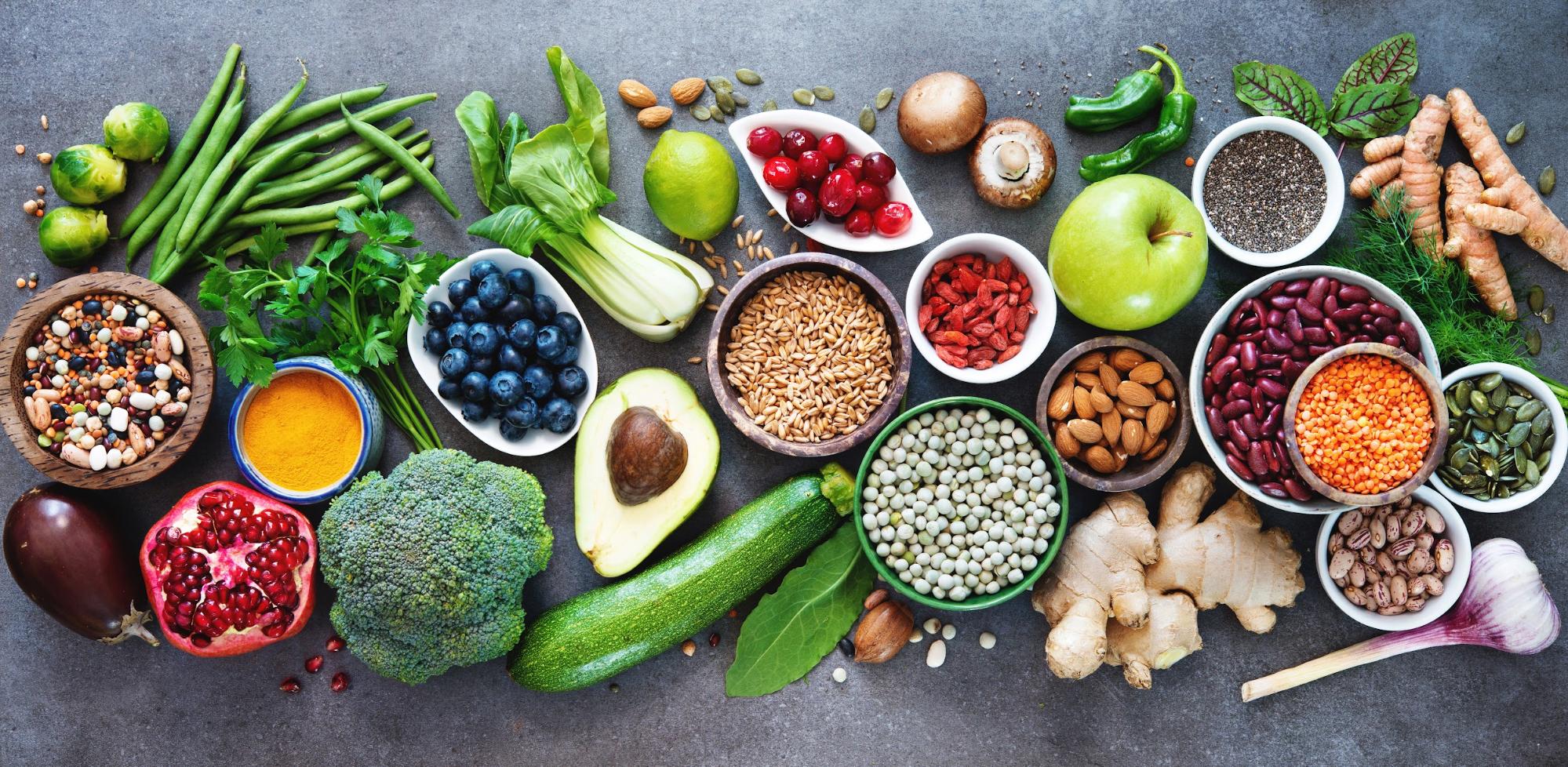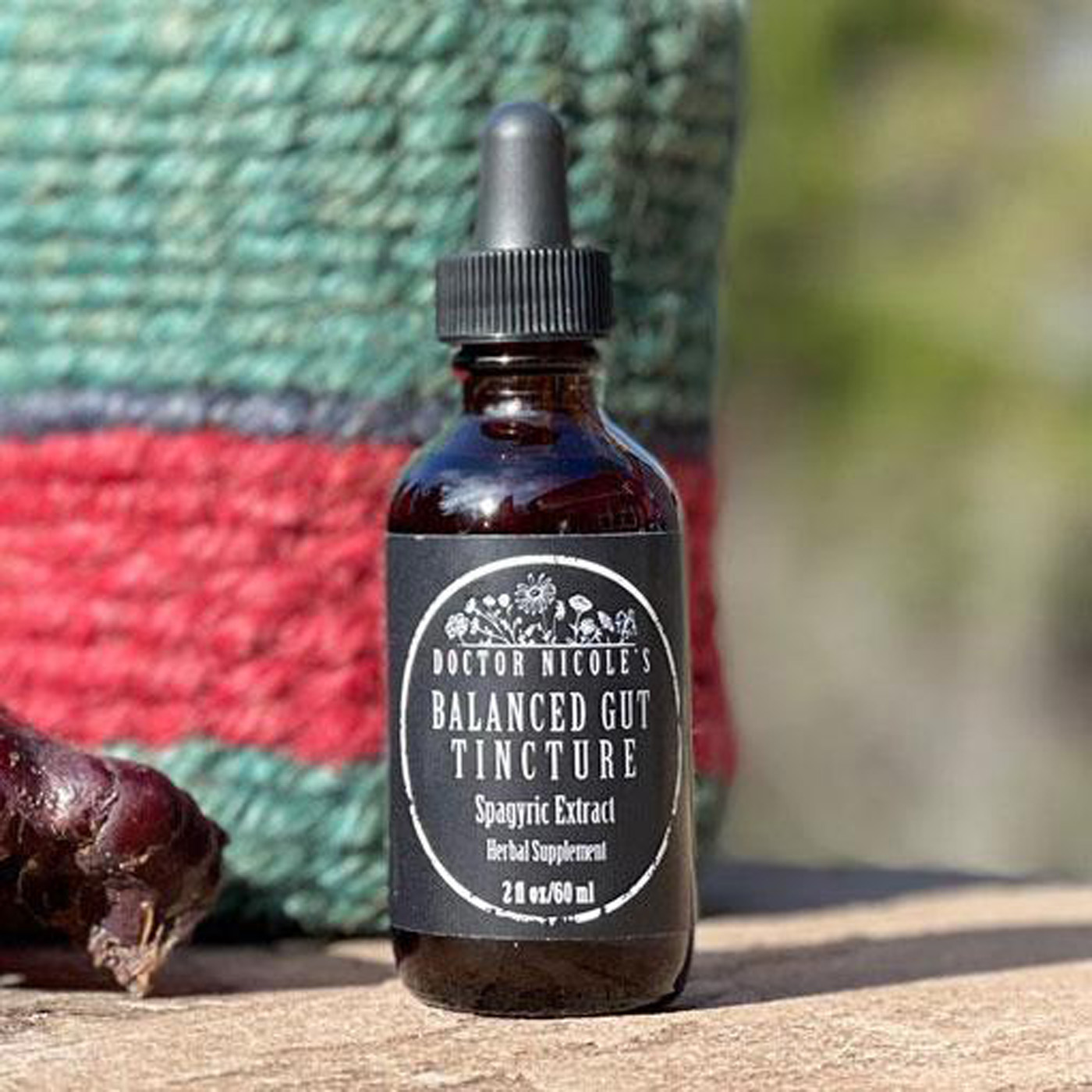A Trending Probiotic May Be Unsafe for MS
It has long been accepted that autoimmunity is linked with dysbiosis of the gut microbiome, particularly with multiple sclerosis (MS), but the research has been somewhat inconsistent over the years. However a 2025 study has found the ratio of two specific bacteria in the gut can predict the development and severity of MS, one of which is Akkermansia — a bacterial strain that has recently become popular as a probiotic supplement. In this post we will examine the findings and how different types of gut bacteria may influence autoimmunity and disease progression.
Two Gut Bacteria, Different Outcomes
A recent study has confirmed what research has found in the past, namely that gut health is closely tied to autoimmunity — but with a twist.2 Using a “bedside-to-bench-to-bedside” approach where neuroscientists work closely with physicians to gather data — the team explored the relationship between two specific gut bacteria in the development and severity of MS: Bifidobacterium and Akkermansia.
“Patients with multiple sclerosis had a lower ratio of Bifidobacterium to Akkermansia. This imbalance was not only linked to having multiple sclerosis, but also with worse disability, making it a stronger predictor of disease severity than any single type of bacteria alone.”1
What’s interesting about these findings is that Akkermansia is generally considered a beneficial gut bacteria — and yet in the case of MS, it may be harmful.
A previous study came to a similar conclusion when it was established that mice with a lower Bifidobacterium-to-Akkermansia ratio exhibited more severe disease.3 Both bacteria consume mucin — a protective compound that lines the gut. However, Bifidobacterium both eats and produces mucin, whereas Akkermansia only consumes it. If Bifidobacterium levels drop, which can happen during inflammation, an imbalance occurs where Akkermansia over consumes the mucin and weakens the gut. This in turn causes further inflammation that may account for the development and progression of MS.6

Feed Your Gut to Increase Bifidobacterium
After reading about these findings, there is a good chance your next question is how to increase Bifidobacterium in the gut. As it turns out, something as simple as eating more fiber-rich fruits, vegetables, grains, legumes, and nuts is one of the surest methods to boost your levels of this important bacteria. Studies have shown that whey and pea proteins, walnuts, and fermented foods (sauerkraut, kimchi, miso) also have a positive impact.4,5
My favorite diet to feed beneficial bacteria in the gut is green Mediterranean. As I wrote in Seeking the Best Diet for Brain Health? Green Mediterranean is the Answer:
“For the green-MED diet, you can enjoy moderate amounts of seafood, wild-caught fish, and dairy. But red meat and processed meats are off-limits. The green-Med diet also includes 3-4 cups of green tea per day as well as 100 grams of Mankai duckweed, which is a high-protein aquatic plant, blended into a smoothie. You will also want to consume about an ounce of walnuts daily. The focus is on unprocessed, whole foods that are preferably organic.”
I also recommend consuming ample foods with active cultures, such as kefir, plain yogurt, natto, and tempeh to improve your microbiome.
Plant-Based Solutions for Gut Health
If you need an extra level of support and healing, several medicinal herbs are helpful for repairing the intestinal tract, boosting beneficial bacteria, lowering inflammation, calming the immune system, and addressing leaky gut. These include reishi, turkey tail, and lion’s mane medicinal mushrooms, along with plantain, slippery elm, and marshmallow root. The unique benefits of each botanical is listed below:
REISHI MUSHROOM
- Helps suppress certain inflammatory compounds and helps inhibit histamine release.
- Helps strengthen the body against the negative effects of stress, including: hormonal imbalances, high cortisol, fatigue, brain fog, and low-energy
- Helps with autoimmune diseases and leaky gut issues through its anti-inflammatory action and immune system modulation.
- High in beneficial beta-glucans, glycoproteins, and triterpenes to support gut and metabolic health.
- Promotes quality sleep, helps alleviate adrenal fatigue, and encourages healthy immune function.
TURKEY TAIL MUSHROOM
- Helps with leaky gut and candida overgrowth
- Enhances prebiotic action
- Helps calm internal and external inflammation
- Helps reduce the symptoms of chronic fatigue syndrome
- A known immune modulator, turkey tail is thought to be an effective medicinal herb for autoimmune conditions.
LION’S MANE MUSHROOM
- Helps with inflammation
- Enhances cognitive function
- Helps repair damaged nerve cells in the spinal cord and brain by encouraging Nerve Growth Factor (NGF).
- Studies have shown that lion’s mane has a unique ability to help stimulate the growth of brain cells
- Helps with sleep, anxiety, and depression
- Enhances energy by helping with blood oxygen levels, muscle fatigue, and lactic acid accumulation.
- Known to be helpful for autoimmune conditions
PLANTAIN
- Helps with inflammation in the gut
- Soothes mucous membranes
SLIPPERY ELM AND MARSHMALLOW ROOT
- Contains mucilage, which helps cover your digestive tract with a protective layer.
- Known to help reduce irritation of the walls of the intestinal tract that can occur with diarrhea, inflammatory bowel issues, leaky gut, and many other digestive issues.
- Helps assist the gut to regenerate and reduces inflammation.
This tincture is why I believe in Nicole!
“I have multiple sclerosis and have suffered from IBS for many years. I have a gluten sensitivity as well. THIS TINCTURE IS FANTASTIC. I’m telling you. I am very sensitive to things. So I can only do 20-30 drops a day, but that’s all I need. My IBS is GONE! Gone. I love this product. I can eat gluten now when I really want that pizza and I don’t have bowel issues. It’s insane how much this actually healed my leaky gut and keeps my sensitivity at bay. I will continually purchase this product and tell others about it, because it is THAT good. Thank you, Nicole.” -Alycia
Autoimmunity can be unpredictable—but your herbal relief doesn’t have to be. Our Balanced Gut Blend offers daily support for gut lining integrity, calming inflammation, gently modulating immune function, and more. Especially helpful for those navigating MS or other autoimmune conditions, this blend brings healing where it matters most—beginning in the gut.
Learn more about the power of medicinal herbs — visit my apothecary today!
Nicole Apelian
Nicole’s Apothecary Products in this Post
References
- “A Balance of Gut Bacteria Could Play a Crucial Role in How MS Develops” by Ashutosh Mangalam, Science Alert, March 4, 2025, https://www.sciencealert.com/a-balance-of-gut-bacteria-could-play-a-crucial-role-in-how-ms-develops
- Ghimire, S., Lehman, P. C., Aguilar Meza, L. S., Shahi, S. K., Hoang, J., Olalde, H., Paullus, M., Cherwin, C., Wang, K., Gill, C., Cho, T., & Mangalam, A. K. (2025). Specific microbial ratio in the gut microbiome is associated with multiple sclerosis. Proceedings of the National Academy of Sciences of the United States of America, 122(10), e2413953122. https://doi.org/10.1073/pnas.2413953122
- Ghimire, S., Cady, N. M., Lehman, P., Peterson, S. R., Shahi, S. K., Rashid, F., Giri, S., & Mangalam, A. K. (2022). Dietary Isoflavones Alter Gut Microbiota and Lipopolysaccharide Biosynthesis to Reduce Inflammation. Gut microbes, 14(1), 2127446. https://doi.org/10.1080/19490976.2022.2127446
- Singh, R.K., Chang, HW., Yan, D. et al. Influence of diet on the gut microbiome and implications for human health. J Transl Med 15, 73 (2017). https://doi.org/10.1186/s12967-017-1175-y
- Bamberger, C., Rossmeier, A., Lechner, K., Wu, L., Waldmann, E., Fischer, S., Stark, R. G., Altenhofer, J., Henze, K., & Parhofer, K. G. (2018). A Walnut-Enriched Diet Affects Gut Microbiome in Healthy Caucasian Subjects: A Randomized, Controlled Trial. Nutrients, 10(2), 244. https://doi.org/10.3390/nu10020244
- Cekanaviciute, E., Yoo, B. B., Runia, T. F., Debelius, J. W., Singh, S., Nelson, C. A., Kanner, R., Bencosme, Y., Lee, Y. K., Hauser, S. L., Crabtree-Hartman, E., Sand, I. K., Gacias, M., Zhu, Y., Casaccia, P., Cree, B. A. C., Knight, R., Mazmanian, S. K., & Baranzini, S. E. (2017). Gut bacteria from multiple sclerosis patients modulate human T cells and exacerbate symptoms in mouse models. Proceedings of the National Academy of Sciences of the United States of America, 114(40), 10713–10718. https://doi.org/10.1073/pnas.1711235114







